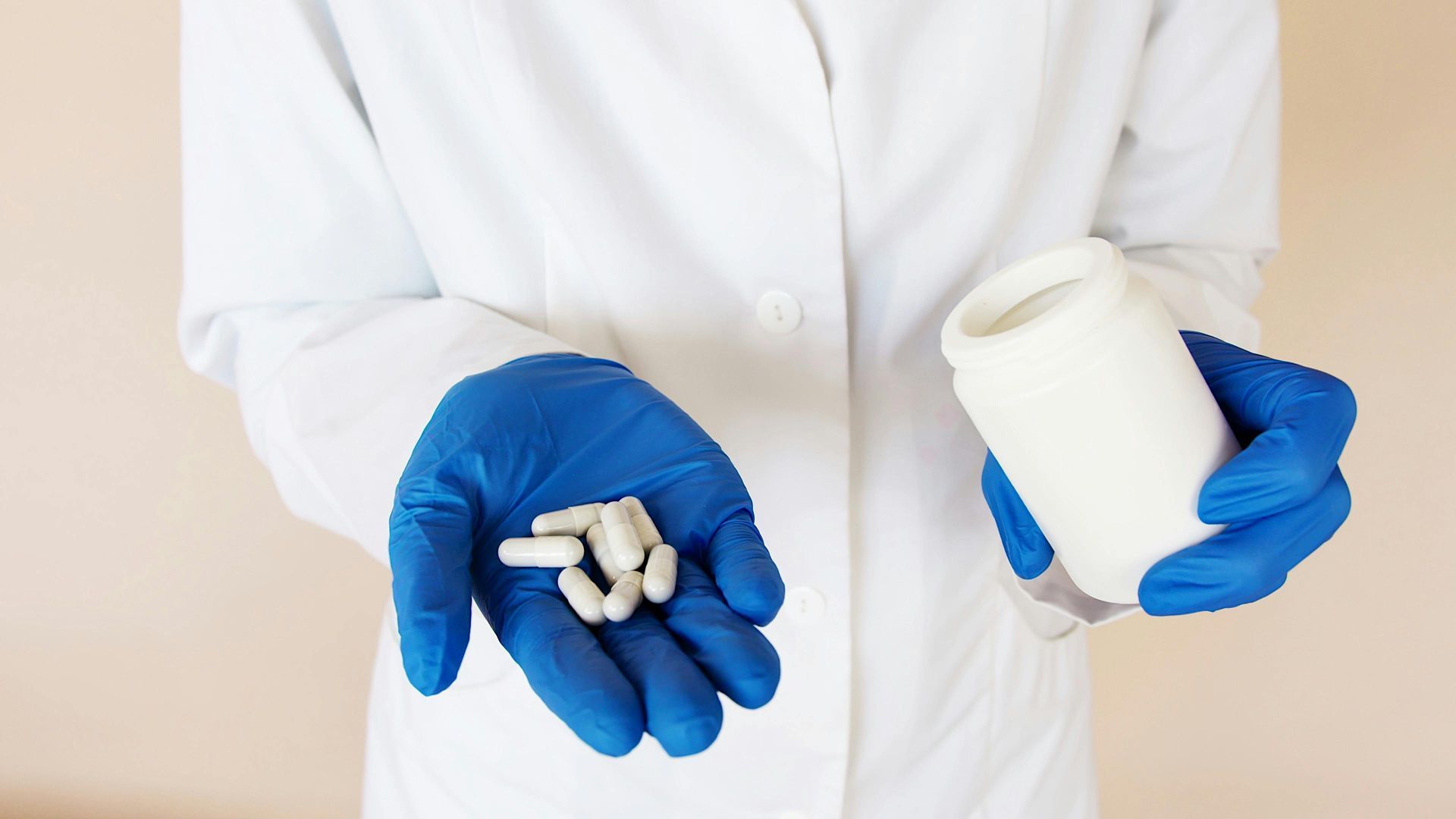FDA Regulatory Relaxations Due to COVID-19
Over recent months, the U.S. Food and Drug Administration (FDA) has relaxed regulations in several areas to keep up with the COVID-19 pandemic. Regulatory relaxations have been made to address interruptions in the supply chain, expedite clinical trials and product reviews, and increase the accessibility of both diagnostic tests and treatments.
But at what cost? And how are these changes impacting your business?
Let’s take a closer look at the FDA’s responses and how they’ve impacted public health and safety.
Why Is Regulatory Flexibility Important?
The FDA is responsible for evaluating drugs, medical devices, and diagnostic tools. The regulatory agency faces the delicate challenge of weighing risks against benefits—a delicate balancing act that becomes increasingly critical in the face of a public health emergency.
The idea behind regulatory flexibility is to cut costs for manufacturers and hasten access to medical products. But regulatory shortcuts come at a cost. Once the pandemic is over, postmarket surveillance of modified medical devices and temporarily-approved drugs will reveal true risk levels.
Regulatory shortcuts aren’t the agency’s only weapon. The FDA has also established the resource-intensive Coronavirus Treatment Acceleration Program, “a public-private approach to bring coronavirus treatments to market as fast as possible” by increasing FDA involvement.
Regulatory Actions Taken by the FDA in Response to the COVID-19 Pandemic
We’ve compiled a list of some of the most significant regulatory actions the agency has taken—alongside the effects of these actions on public health and safety.
1. Blood Donation Guidelines
Gay and bisexual men no longer have to wait a year before giving blood. At the beginning of April, the FDA reduced its recommended deferral period for male blood donors who have had sex with another male from one year to three months.
The COVID-19 pandemic has led to a drastic drop in blood supply. Thousands of blood drives have been canceled alongside the closure of schools, businesses, and other institutions. Donors and volunteers alike have avoided blood donation centers due to social distancing guidelines.
Since its introduction in 2015—a regulatory revision that replaced a lifetime prohibition on blood donation by gay and bisexual men—the initial 12-month waiting period has been heavily criticized as discriminatory and antiquated.
In a statement, the FDA said, “Maintaining an adequate blood supply is vital to public health. Blood donors help patients of all ages — accident and burn victims, heart surgery and organ transplant patients, and those battling cancer and other life-threatening conditions.”
The FDA intends to keep its new recommendations in place once the pandemic is over.
2. New COVID-19 Tests
On March 11, the FDA allowed states to independently authorize laboratory-developed diagnostic COVID-19 tests within their borders. Manufacturers could then distribute tests without a formal emergency use authorization (EUA).
Within weeks, the agency began issuing warnings regarding fraudulent diagnostic tests. On April 24, the FDA announced that many antibody tests on the market were producing a significant number of false-positive results.
In response, the FDA tightened restrictions surrounding antibody tests, resulting in the removal of 27 tests from the market in late May. An antibody test developed by Chembio Diagnostics had its EUA revoked.
While the FDA has returned to standard EUA protocol and has issued EUAs for more than 200 diagnostic tests, initial regulatory failings undermined public confidence in COVID-19 testing and may have slowed testing efforts.
3. Antimalarial Drugs Against COVID-19
On March 28, the FDA issued an EUA for the use of antimalarial drugs hydroxychloroquine and chloroquine phosphate as a treatment against COVID-19 in hospitalized patients. President Donald Trump tweeted that the drugs “have a real chance to be one of the biggest game-changers in the history of medicine.”
In April, the FDA released a warning statement highlighting the need for close patient supervision. On June 15, the FDA revoked the EUA, citing study results that revealed greater risk and less benefit to COVID-19 patients. The back-and-forth has led to public confusion regarding whether these drugs are effective against COVID-19.
4. Food Labeling
To mitigate potential supply chain disruptions, the FDA announced that it would temporarily relax food labeling guidelines. Manufacturers of packaged foods can now substitute certain ingredients without updating labels.
The updated guidelines were meant to prevent issues that could arise if manufacturers found themselves unable to obtain certain ingredients. The guidelines refer to ingredients that are present in foods in relatively minute quantities, and the ingredients cannot include one of the top eight food allergens (peanuts, eggs, milk, fish, shellfish, tree nuts, wheat, and soybeans).
Despite their specifications, the new guidelines raised concerns among consumers. Nearly 3,000 of these consumers have written to the FDA regarding the new guidelines.
The Regulatory Aftermath of COVID-19
Other examples of regulatory flexibility on behalf of the FDA include:
- Streamlining clinical trials. The FDA has released a document outlining reduced data requirements for clinical trials during the COVID-19 pandemic.
- Addressing supply chain shortages. In an effort to hastily increase the supply of respiratory devices, the FDA loosened restrictions on companies that change suppliers or switch medical device components.
- Protecting staff. The regulatory agency postponed routine on-site inspections of domestic and overseas manufacturing facilities.
Once the COVID-19 pandemic is over, the FDA will be left with yet another balance to strike. Will the agency return to previous operations? Which changes are worth continuing? Continued regulatory flexibility may lead to increased access to medical products, less expensive products, and greater efficiency.
On the other hand, relaxed data requirements and fewer inspections may undermine the agency’s ability to assess health and safety risks.
Leading COVID-19 Response Efforts
What are you doing to keep your organization COVID-ready? Invest in new skills with hands-on training and certification courses from the Center for Professional Innovation and Education (CfPIE).
Stay on top of changing regulations with the following courses offered by CfPIE:
- Quality Assurance/Quality Control for Biologics and Biopharmaceuticals
- Overview of FDA Regulatory Compliance for Medical Devices
- Comprehensive Overview of FDA Regulatory Compliance for Drug and Biotech Products
Get in touch with a member of the CfPIE team by calling 1-610-648-7550 or emailing [email protected].
Blog Categories
Stay Informed


